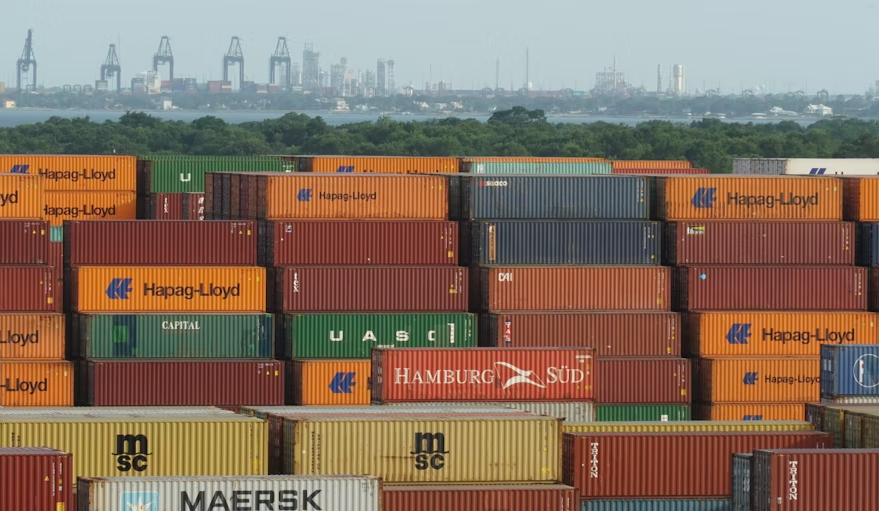Around 270 business groups, including more than a dozen from the trucking industry, have urged the International Longshoremen’s Association (ILA) and the United States Maritime Alliance (USMAL) to resume contract negotiations. They aim to prevent another strike at the 36 ports along the East and Gulf coasts.
The two parties were scheduled to meet four times during the week of November 11. However, talks broke down when the ILA opposed USMAL’s proposal to include port automation in the contract—a contentious issue for the union. Since then, negotiations have stalled, and the deadline for a new agreement is January 15.
Previously, around 47,000 dock workers across East and Gulf Coast ports went on strike at midnight on October 1, returning to work on October 3. This marked their first major work stoppage in 50 years and severely disrupted supply chains in the eastern and southern U.S.
The strike ended with workers securing a 62% wage increase over six years, along with a commitment to further discussions on unresolved matters.
The letter, addressed to ILA President Harold Daggett and USMAL Chairman and CEO David Adam, urged both sides to return to the negotiating table.
“On behalf of the undersigned organizations representing American manufacturers, farmers and agribusinesses, wholesalers, retailers, restaurants, importers, exporters, distributors, transportation and logistics providers, and other supply chain stakeholders, we are writing to urge both the International Longshoremen’s Association and the United States Maritime Alliance to return to the bargaining table with the goal of reaching a new labor contract before the new Jan. 15 contract expiration date.
“It is imperative for the parties to resume negotiations and remain at the table until a new contract is reached. We know significant issues remain between the parties. However, we continue to believe the only way to resolve these issues and come to an agreement is to actually stay at the negotiating table.
“The continuing start and stop of the negotiations leads to further uncertainty in the supply chain, which continues to cause challenges.
“We understand that automation and technology continues to be the biggest issue of disagreement between the parties. We continue to believe there is a path forward for the parties to address this issue. It is critical that our ports and terminals have the ability to modernize their systems and processes in order to remain globally competitive and be able to handle the continuing rise of trade volumes, both imports and exports, through our ports. Modernization can only happen through true partnership between labor and management, as well as the other supply chain stakeholders that rely on these ports. Modernization efforts will benefit all parties and are essential to address current and future throughput issues.
“We firmly believe the remaining issues can only be resolved by returning to the negotiating table and remaining until a final deal is complete.”
Among those signing the letter were:
- American Trucking Associations
- Florida Trucking Association
- Ohio Trucking Association
- Oregon Trucking Association
- Nevada Trucking Association
- New Jersey Motor Truck Association
- North Dakota Motor Carriers Association
- South Carolina Trucking Association
- Transportation Intermediaries Association
- Trucking Association of New York
- Virginia Trucking Association
- Washington Trucking Association





